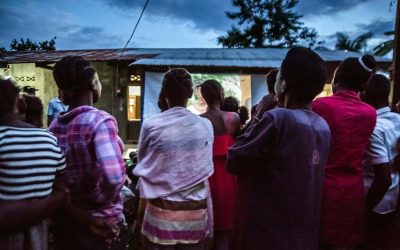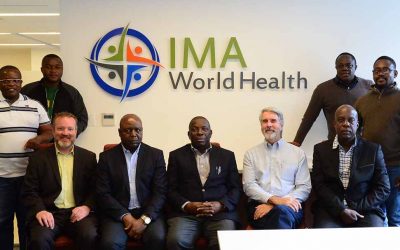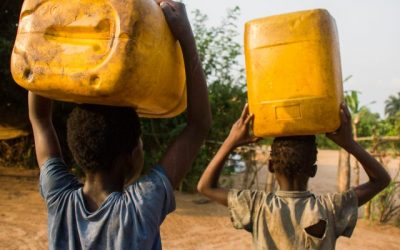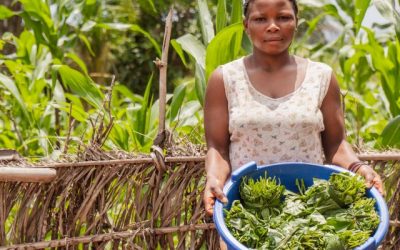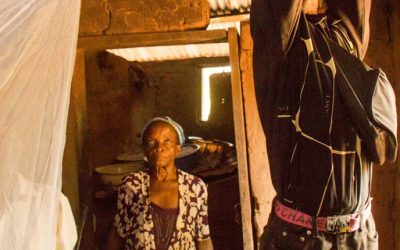
ABOUT ASSP
The Access to Primary Health Care program, known locally as ASSP, uses a health systems strengthening approach. ASSP collaborates with the Ministry of Health, or MOH, at the national and provincial levels, giving focused support to health zones, health facilities, and community levels. In addition, IMA and its partners ensure that more than 75% of the project resources are concentrated within the health zones. In other words, the majority of funds pay for programs that provide for service delivery, empowerment, accountability and capacity building of local community service organizations, partners and MOH representatives.
PEP kits distributed within 72 hours of rape
Births attended at a health facility
Pregnant women treated with IPTp
WASH infrastructure projects completed
ASSP Programs
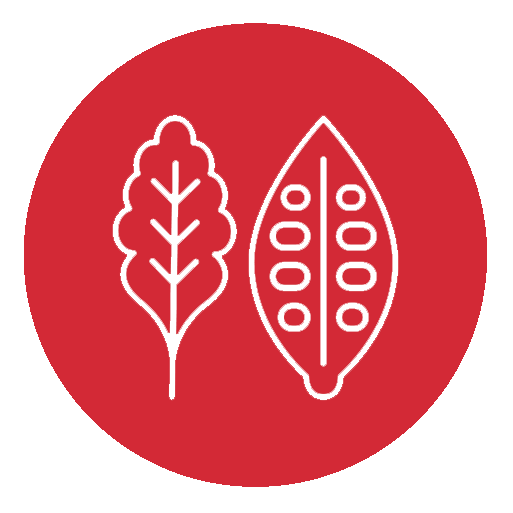
Nutrition

Family Planning

Infrastructure & Construction

WASH
Medicine

Safe Deliveries
Immunizations
Improving Access
Hospital Management

DHIS2

Malaria
Clean Cookstoves
Community Health Endowments

Leadership & Governance
Gender & SGBV

Behavior Change Communications
improving health for 9.7 million people in the DRC.
Since 2014, ASSP has supported an estimated 9.7 million people across Kasai, Kasai Central, Nord Ubangi, Maniema and Tshopo provinces, providing life-saving services to more than 10 percent of the total population of the DRC.
Health Areas
Health Zones
Provinces
ASSP Leadership
Our Partners
ASSP is implemented by a consortium of organizations that work together at all levels of the health system to implement nutrition, obstetric and neonatal care, family planning, immunization as well as water, hygiene and sanitation interventions. Read MoreRecent News
Girl Rising is now showing in four provinces in DR Congo
The Girl Rising revolution continues. Thousands of people in four more provinces of the Democratic Republic of Congo will now see the movie with one imperative message: Educate girls and you will change the world. Volunteers collect stones to help count the crowd. The...
UK Parliament report endorses IMA World Health work in Democratic Republic of Congo, requests expansion
LONDON - A report today by the UK Parliament’s International Development Committee, reviewing the status and impact of UK Department for International Development programming in the Democratic Republic of Congo, endorses IMA World Health’s public health programs as...
Creating a national health information system in DRC
IMA World Health has been working with the Ministry of Health in the Democratic Republic of Congo, or DRC, for more than 10 years to support the development of an effective and efficient National Health Information System in the country. This central reporting system...
ASSP’s WASH Program Certifies its First Round of Healthy Villages
The Democratic Republic of Congo (DRC) is one of the most water-rich countries in the world, containing 52% of the African continent’s freshwater resources. Despite this enormous availability of freshwater, only 32% of the rural population has access to potable water...
ASSP Project Uproots Malnutrition with Household Gardens
As they sit quietly in front of their family’s hut in Congo’s Kasai-Occidental Province, two-year-old twins Kanku and Mbuyi watch a pair of chickens ambling around their feet. Neither of the tiny boys gives chase or swats at the beaks that occasionally peck at their...
Over 3,000 Bed Nets Successfully Distributed in Nyanga, DRC and More to Come!
The ASSP Project’s pilot bed net distribution in Kabola Health Area in Nyanga was successfully implemented, with over 3,000 nets distributed and hung up in over 1,000 households. The team had planned for a total of two days for the registration and distribution to be...
26 million patients have visited our health centers and community care sites for curative consultations.
QUICK CONTACTS
Recent Posts
A Hotline In DR Congo Connects People With The Ministry Of Health
In the Democratic Republic of Congo, IMA World Health works with the Ministry of Health to create solutions to challenges that arise while ensuring access to primary health care services for more than 8 million people. One of the solutions created through the Access...
IMA Appears Before British House Of Commons International Development Committee
MA World Health appeared before the British House of Commons International Development Committee to present its UK aid-funded work in the Democratic Republic of Congo.. DFID applauds the work of ASSP In the DRC, UK aid funds the Access to Primary Health Care Project,...
ASSP Project Ensures Health Zones Stay Connected In DR Congo
Who knew that working with information management systems would require the skills of an anthropologist? In a country where internet connection is sporadic, IMA World Health Senior IT Engineer Siméon Avuta travels to the farthest reaches of this vast country to ensure...






